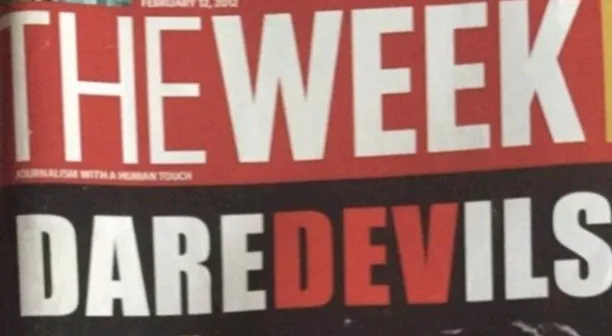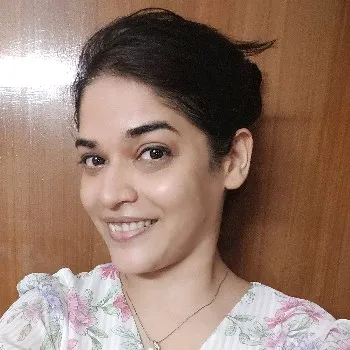Daredevils
A story about 15 school boys sharing the same school as mine. I heard their story from my seniors in school, but never got the opportunity to meet them in person. Finally got to read about them again.
A picture that moved......
It was the spring of 1961.
Fifteen-year-old Arvind Bhat was invited by a friend to Odeon cinema in Delhi to celebrate her birthday by watching a film, Hum Dono, with her.
When Arvind returned to his hostel at The Air Force School, he could not stop raving about Dev Anand.
By a stroke of luck, the film was screened at the Air Force cinema in Willingdon Camp two days later and 15 class X students trooped into the darkened hall with their housemaster for the once-in-a-month treat.
Three hours later they emerged into the open, their minds set, their career paths decided and a life of glory unfolding before their eyes.
They had seen Dev Anand essay the role of not one, but two Army officers.
There was not a shred of doubt in their minds that this was what each of them was aspiring for.
Over the following days, the boys filled in the Service Selection Board (SSB) forms.
Magically, all were selected into the National Defence Academy.
They embarked upon distinguished military careers, crammed with citations and decorations, records and heroism, promotions and even martyrdom.
This is a story no filmmaker or author has yet thought of.
Truth, as they say, is stranger than fiction.
Unknown to Dev Anand, the celluloid hero had created 15 real-life heroes.
Exactly half a century after the release of Hum Dono, the dapper and debonair Dev died.
For the soldiers, the death of their hero rekindled a memory that remains as evergreen as Dev himself: a memory of that magical day in the theatre, which was to remain with each of them throughout their lives.
Bhat, now a retired Wing Commander settled in Pune, says: “As we sat mesmerised in the hall, each of us felt that we were seeing ourselves on screen. That Dev was telling us, ‘this is the path to take in life.’ It so happened that Sudhir [retired Colonel Sudhir Vasudeva] got a bunch of application forms for the SSB from somewhere. The deadline for submitting the forms was only a few days away. Within a week, all of us had filled in the applications, but there were still two forms left. I remember we actually went around to the other section and ensured that all forms were filled and submitted.”
At the age of 15, not many are sure what they want to do in life.
For these schoolboys, a military career had always been a priority option, as most of them were sons of Air Force officers themselves.
“Hum Dono proved to be the catalyst,” says Bhat. “It told us exactly what we should be doing.”
Since there was such little time to submit the forms, the students had to appeal to the principal, M.L. Renjen, to sign as their guardian. He was not pleased to sign all. Says Wing Commander (retd) Deshendra Renjen, the principal’s son: “Arun [retired Air Commodore Arun Karandikar] was a topper. He was such a brilliant boy. Dad wanted him to try his hand at other careers like the civil services. But Arun was adamant.”
Karandikar had, in fact, topped the school board exams and was invited by St Stephen’s college to join an undergraduate course. “But I had always loved flying. The film re-emphasised what was...




